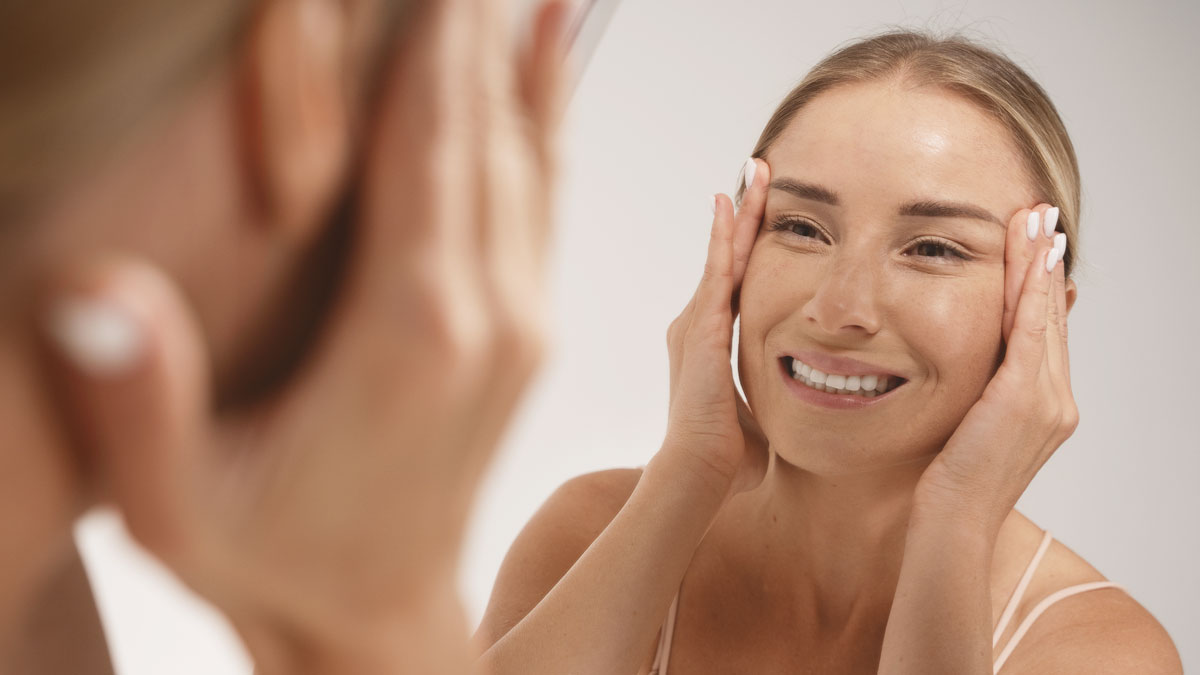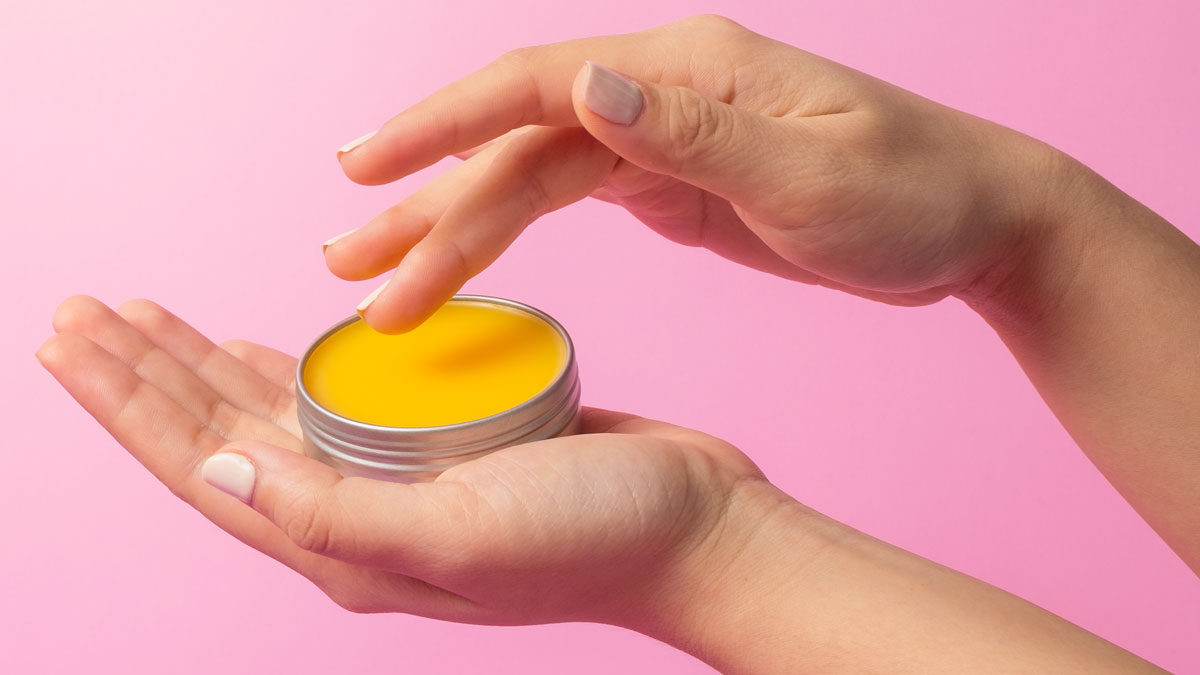In the quest for glowing, healthy skin, natural remedies are stealing the spotlight. Among them, cannabidiol (CBD), a non-psychoactive compound from the hemp plant, is making waves in the skincare world. From calming redness to fighting acne, CBD is emerging as a versatile ingredient for a radiant complexion. But how does it work, and is it right for your skin? In this article, we dive into the science of CBD and skin health, exploring its potential benefits and how to incorporate it into your skincare routine.
Why Skin Health Matters
Your skin is your body’s largest organ, acting as a protective barrier against environmental stressors like pollution, UV rays, and bacteria. It’s also a reflection of your overall health—stress, diet, and lifestyle can all show up on your face. Common skin concerns like acne, eczema, psoriasis, and premature aging often stem from inflammation, oxidative stress, or imbalanced oil production. While traditional skincare products can help, many people are turning to natural solutions like CBD for a gentler, holistic approach.
CBD’s rise in popularity isn’t just hype. Research suggests it interacts with the body’s endocannabinoid system (ECS), which plays a role in regulating skin functions like oil production and inflammation. Let’s explore how this connection could unlock healthier, more radiant skin.
The Endocannabinoid System and Your Skin
The endocannabinoid system (ECS) is a network of receptors, enzymes, and endocannabinoids that helps maintain balance in the body. Surprisingly, the ECS is active in the skin, where it regulates processes like cell growth, sebum production, and immune responses. The skin contains both CB1 and CB2 receptors, which are part of the ECS, and these receptors are found in hair follicles, sebaceous glands, and immune cells.
A 2019 review in Trends in Pharmacological Sciences highlighted that the ECS influences skin homeostasis, suggesting that cannabinoids like CBD could modulate skin conditions. By interacting with ECS receptors and other pathways, CBD may help calm inflammation, protect against oxidative damage, and balance oil production—key factors for healthy skin.

How CBD Supports Skin Health
So, what makes CBD a skincare superstar? Here are the science-backed ways it may benefit your complexion:
Reducing Inflammation: For Calmer Skin
Inflammation is a root cause of many skin issues, from acne to eczema and psoriasis. CBD is renowned for its anti-inflammatory properties, which can help soothe irritated skin. A 2014 study in The Journal of Clinical Investigation found that CBD reduced inflammation in human sebocytes (oil-producing cells), suggesting it could be effective for inflammatory skin conditions like acne.
For those with sensitive skin or conditions like eczema, CBD’s calming effects may reduce redness and discomfort, promoting a more even complexion.
Combating Acne: With Sebum Regulation
Acne often results from excess sebum (oil) production, clogged pores, and inflammation. CBD may tackle acne on multiple fronts. A 2016 study in Journal of Dermatological Science showed that CBD inhibited sebum production in human skin cells and exerted anti-inflammatory effects. This dual action could help prevent clogged pores and reduce acne breakouts.
Unlike harsh acne treatments that dry out the skin, CBD offers a gentler approach, balancing oil production without stripping the skin’s natural moisture.
Fighting Oxidative Stress: For Anti-Aging Benefits
Premature aging—think fine lines, wrinkles, and dullness—is often driven by oxidative stress from UV rays, pollution, and lifestyle factors. CBD is a potent antioxidant, potentially more effective than vitamins C and E, according to a 1998 study in Proceedings of the National Academy of Sciences. By neutralizing free radicals, CBD may protect skin cells from damage, helping to maintain a youthful, radiant glow.
Regular use of CBD-infused skincare products could support long-term skin health by shielding against environmental stressors.
Soothing Sensitive Skin Conditions:
For those with eczema or psoriasis, CBD’s anti-inflammatory and moisturizing properties may offer relief. A 2019 study in Clinical Therapeutics found that a CBD-enriched ointment improved symptoms of psoriasis and atopic dermatitis, reducing itchiness and skin irritation. While more research is needed, these findings suggest CBD could be a natural ally for sensitive skin.
How to Use CBD for Skin Health
Ready to give CBD a try for your skin? Here are practical tips to get started:
- Choose the Right Product: CBD comes in various skincare forms, including creams, serums, CBD oils, and balms. Topical products like creams are ideal for targeted concerns (e.g., acne or eczema), while facial oils can provide all-over hydration. Look for full-spectrum or broad-spectrum CBD for the entourage effect, which may enhance benefits.
- Check for Quality: Opt for products with third-party lab testing to ensure purity and potency. Avoid products with artificial fragrances or harsh chemicals that could irritate the skin.
- Patch Test First: Apply a small amount of CBD product to a discreet area (like your inner wrist) to check for sensitivity before using it on your face.
- Incorporate into Your Routine: Use CBD skincare products as part of your morning or evening routine. For example, apply a CBD serum after cleansing and before moisturizing to lock in benefits.
- Combine with a Healthy Lifestyle: Pair CBD with a skin-friendly diet rich in antioxidants (think berries and leafy greens), stay hydrated, and protect your skin with sunscreen to maximize results.
- Consult a Dermatologist: If you have chronic skin conditions like severe acne or psoriasis, talk to a dermatologist before adding CBD to your regimen, especially if you’re using prescription treatments.
Potential Side Effects and Considerations
CBD topicals are generally considered safe to use with minimal risk of side effects. However, some people may experience mild irritation, especially if they’re sensitive to other ingredients in the product. Always check the ingredient list and avoid products with potential allergens. If you’re using oral CBD (e.g., oils or capsules) alongside topical products, be aware of possible side effects like fatigue or interactions with medications metabolized by the liver’s CYP450 enzymes. Consult your doctor if you’re unsure.

The Future of CBD in Skincare
The science of CBD and skin health is still evolving, but early studies are promising. Ongoing research is exploring CBD’s potential for specific conditions like acne, eczema, and even wound healing. As the skincare industry embraces natural ingredients, CBD is likely to become a staple in products designed for sensitive, aging, or acne-prone skin. For now, its anti-inflammatory, antioxidant, and sebum-regulating properties make it a compelling option for anyone seeking a natural glow.
Conclusion
CBD is more than just a wellness trend—it’s a science-backed ingredient with real potential for skin health. By reducing inflammation, balancing sebum, fighting oxidative stress, and soothing sensitive skin, CBD can help you achieve a radiant complexion naturally. Whether you’re battling acne, calming eczema, or simply aiming for a youthful glow, CBD skincare products could be a game-changer.
Ready to unlock the power of CBD for your skin? Start with a high-quality topical product, patch test, and integrate it into your routine for best results. As always, consult a dermatologist to ensure CBD aligns with your skincare goals. Here’s to glowing, healthy skin!
Shop online with CBDMagic for Canada’s best organic CBD oil.
